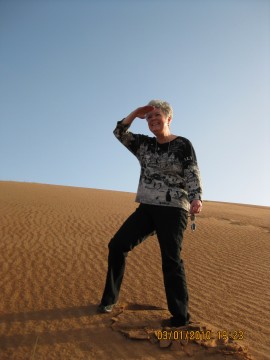
As I have noted before, blogging is time-consuming for me. Maybe it isn’t for some, but that’s not the case for me because I want to write about more than just what I am doing day to day like in Julie and Julia. I must admit, however, that I did enjoy the movie, and I often wish I could be as brief and succinct as Julie when I blog.
But just as with my books, I want to give you more…I want to include either something for you to laugh about or something to think about when you have finished. After all, you deserve to get something from your time spent perusing my website and reading my posts. Your time is valuable and I realize that. So if I haven’t said thank you lately, shame on me. I do appreciate you, and I especially thank you for your taking time to make comments.
Friends ask where I come up with all my ideas, (several of my more illustrious buddies have been more direct and asked where do I get all my BS) both for my books and my blogs. I have just smiled and ignored them, but you nice people deserve to know the facts.
First, I am extremely curious and observant (those same people use the word nosey). Admittedly, I probably miss some of the obvious aspects looking for the gory details or the funny and warped subtleties. I love people watching. I get that from my dad, who also always made some pretty funny remarks, not fitting the Baptist deacon that he so proudly was!
Many times I have to make mental notes, but if I have my trusty tiny moleskin notebook, used for the past two centuries by writers and artists (not mine, just moleskin notebooks in general), I jot down reminders of scenes or people to use later. I love my little black book. It puts me in a “writing mood,” and my creative juices begin to flow. It also makes people wonder what and why I am scribbling quickly and looking at them. That’s part of the fun.
Second, I get my ideas from watching the news or reading current events. I find myself not thinking so much about the news itself, but the greater story and how it plays out in the lives of those it touches. That’s how Keeping Faith came to be. It’s not really about a kid being abused or about the indescribably awful priest who did it. It’s about the trickle down effect that we sometimes miss—the psychology of the event and the fact that the crime is always bigger than the victim, the effects generally more widespread than noted, and the hurt deeper than we realize as bystanders.